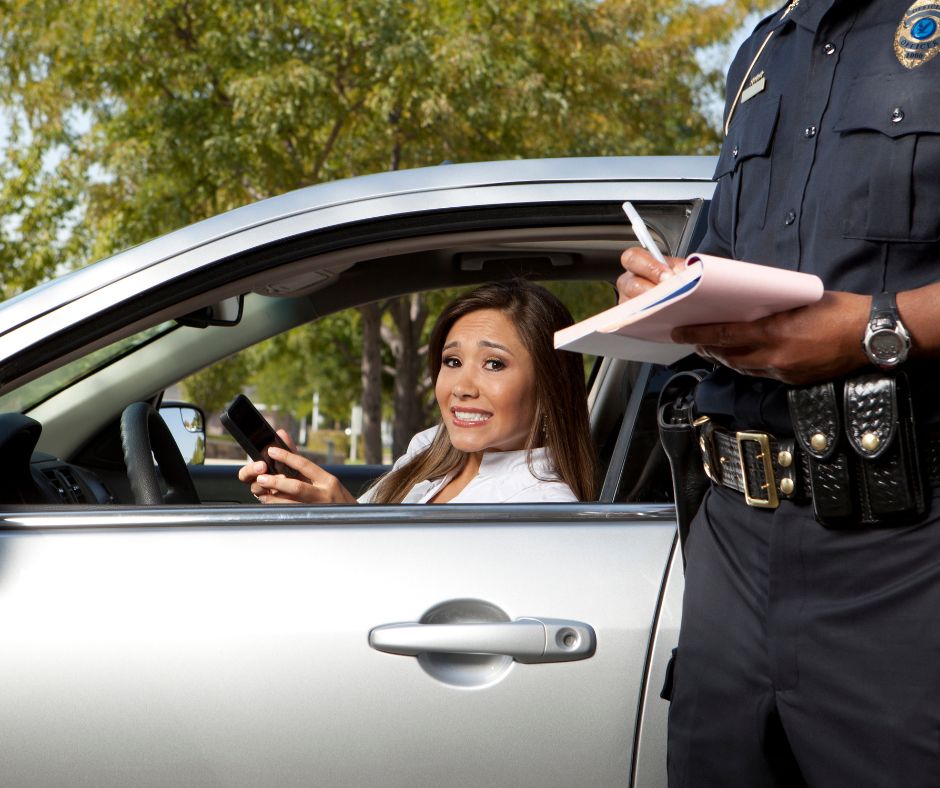
Traffic ticket points and penalties can add up fast
Driving is a big responsibility, and every state has rules to ensure people stay safe on the road. If you're driving in Minnesota or Wisconsin, it's important to know how traffic violations can affect your license. Let's break it down so you can understand how the system works in both states, what happens when you get too many violations, and how an attorney can help if you find yourself in trouble.
Traffic tickets in Wisconsin: Understanding the point system
Wisconsin uses a point system to keep track of traffic violations. Each time you break a traffic rule, points are added to your record. The more serious the violation, the more points you’ll rack up.
Here are some examples:
• Speeding just a little (1-10 mph over the limit) adds 3 points.
• Speeding a bit more (11-19 mph over) adds 4 points.
• Serious violations like reckless driving or an OWI add 6 points.
If you collect 12 or more points in 12 months, your license gets suspended. The more points you have, the longer you’ll be off the road:
• 12-16 points = 2 months without driving
• 17-22 points = 4 months without driving
• 23-30 points = 6 months without driving
• More than 30 points? That's a full year without a license.
If you have a probationary license or learner's permit, points add up even faster because they double after your first offense.
Traffic tickets in Minnesota: No point system, but big consequences
In Minnesota, there's no official point system for traffic violations. Instead, when you get a traffic ticket, it goes on your driving record. If you collect too many violations too quickly, you could lose your license.
• Get three traffic violations in 12 months, and you could lose your license for 30 days.
• Four violations in 12 months? That could mean a 90-day suspension.
• Five violations in a year might leave you without a license for a full year.
Serious offenses like DUIs can cause your license to be suspended immediately, even if your record was clean.
When should you call an attorney for help with traffic tickets?
No one wants to lose their license, and sometimes, a traffic ticket can seem like no big deal until it piles up with others. That's where an attorney comes in.
An attorney can help by fighting your traffic ticket in court to prevent a violation from appearing on your record, negotiating for lesser penalties such as attending a driving course instead of receiving points, and protecting your driving record to keep your insurance costs down.
It's smart to hire an attorney if you're facing serious charges like a DUI, already have a few violations on your record, or are close to losing your license.
Stay safe and informed about traffic tickets
Knowing the rules and getting legal help when needed can keep you on the road and out of trouble. Drive safely and stay informed — it makes all the difference!

